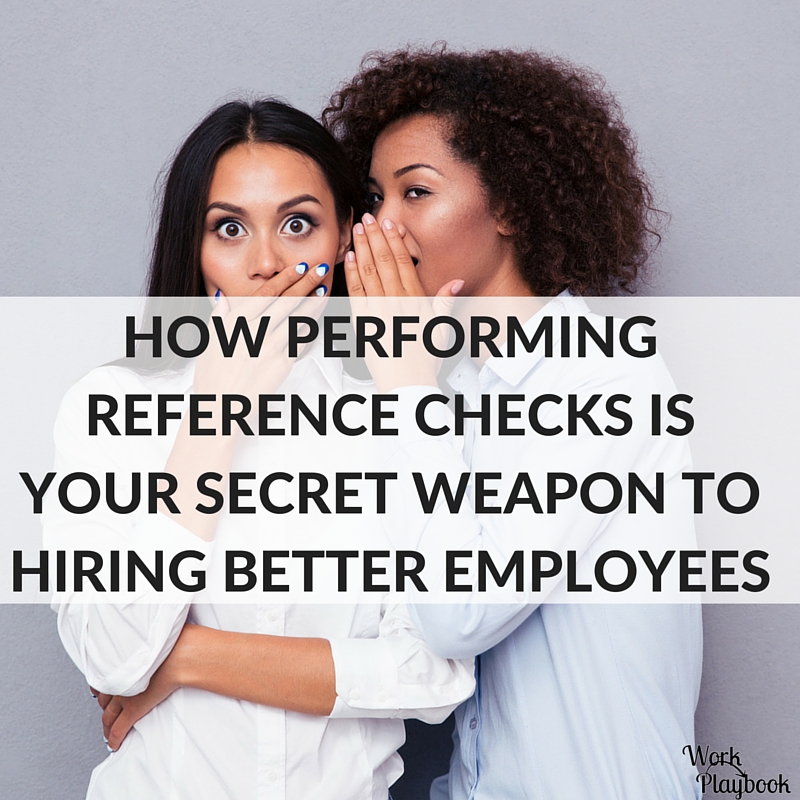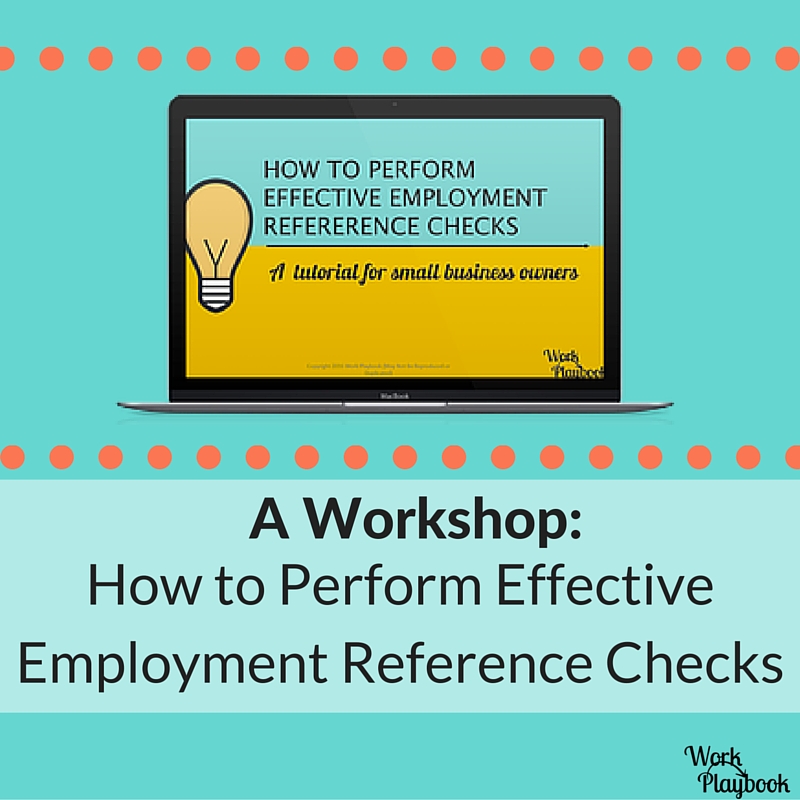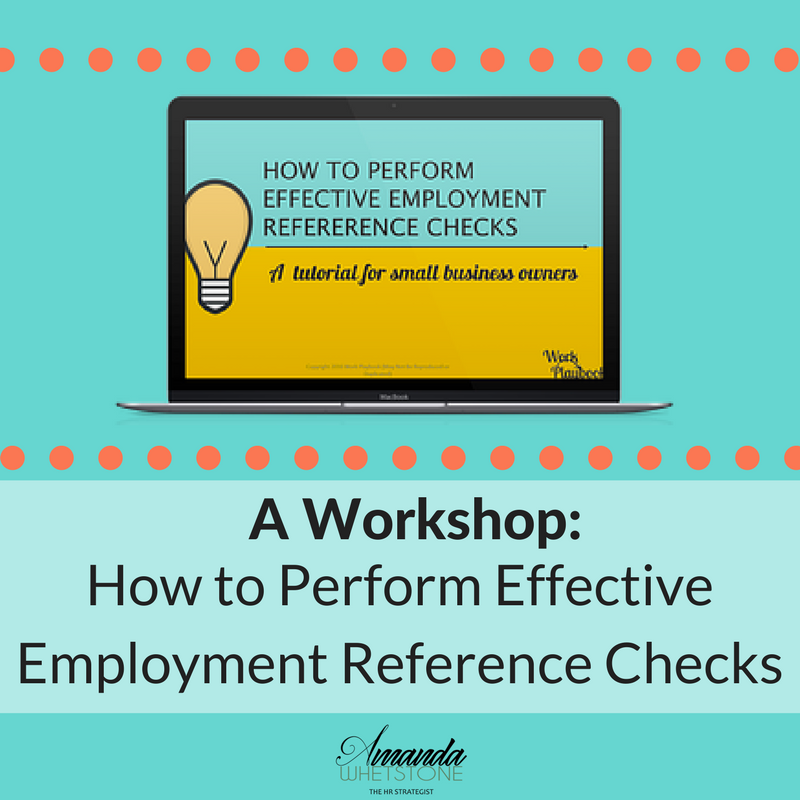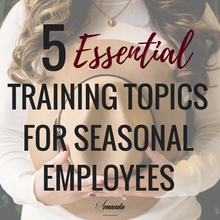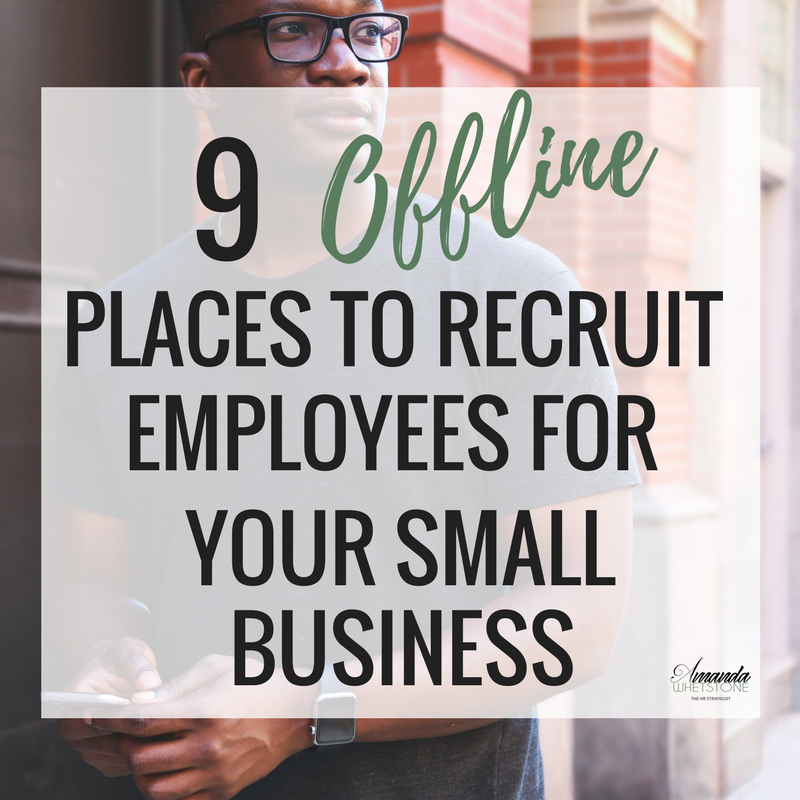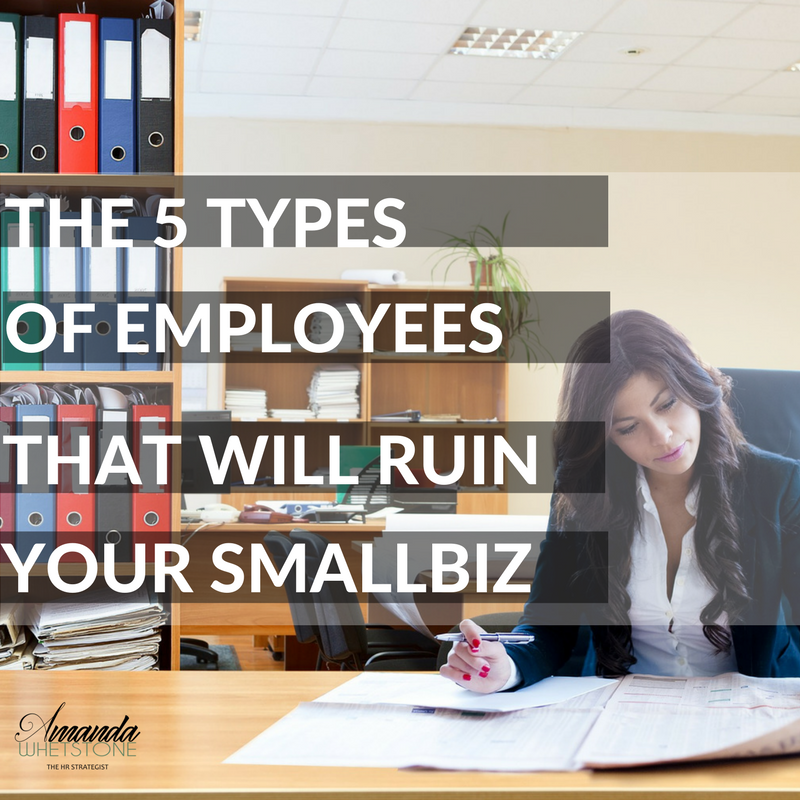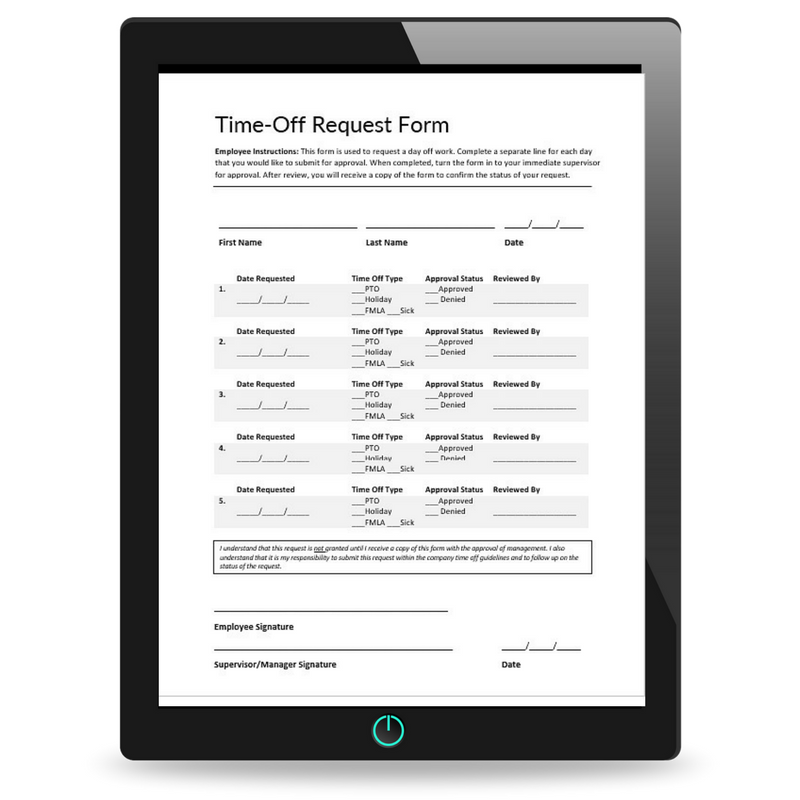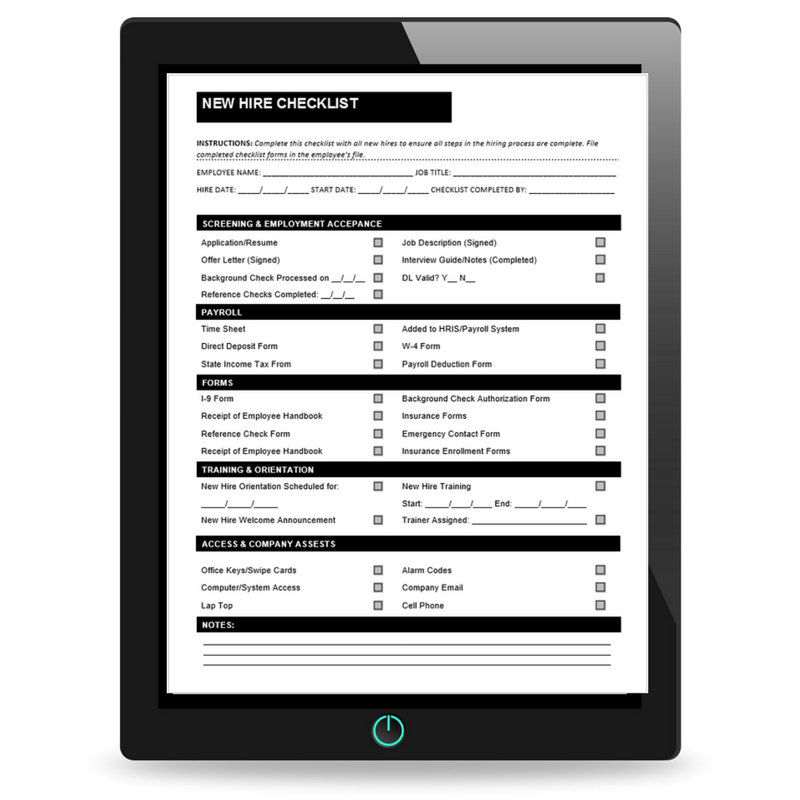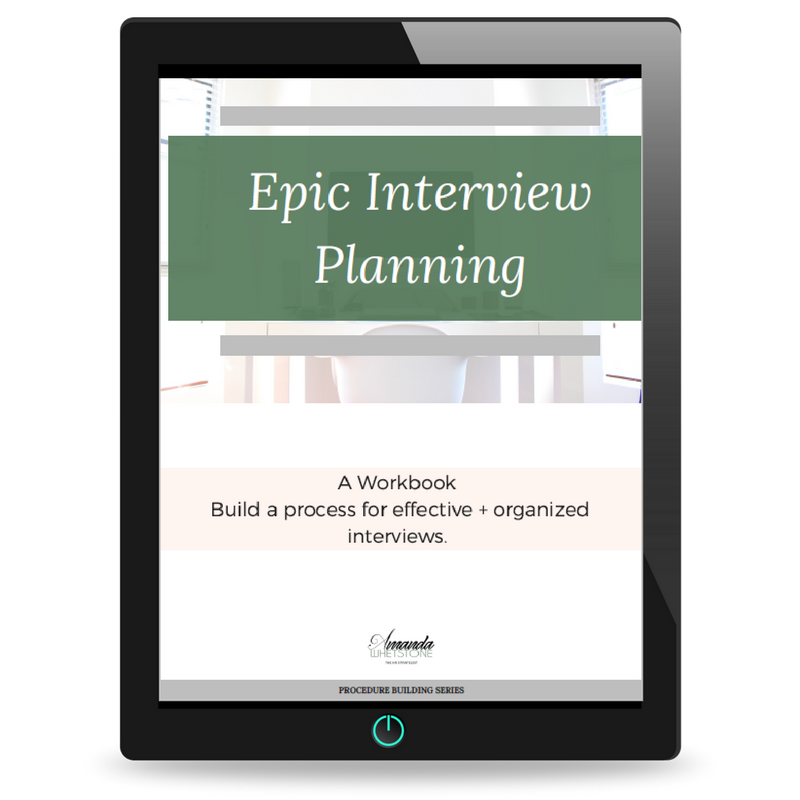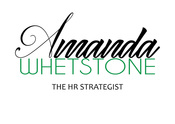|
If you'd rather listen to this post than read it, here's the audio version of it.
Quick question. What type of research do you do before purchasing a car? What about when you committed to a mortgage or signed the lease on your apartment? If you’re anything like me, or most other responsible consumers, you did some checking. Before you dropped $60,000 on the luxury sedan you’ve been wanting, perhaps you talked to owners, checked Kelly Blue Book for reviews, looked up the cost of ownership. You got into the details of what you were about to commit a large sum of money to every month before you signed the purchase papers. You wanted to make sure that you were not going to be paying for a lemon. Purchasing a car for me involves months of research, a few Google Sheets and several test drives before I make a final selection.
Or what about when you purchased your house or moved into your apartment. Did you just call the first place you laid eyes on home? Did you blindly trust everything the well dressed leasing or real estate agent told you about the property? Of course not. Real estate agents want to sell houses. Leasing agents want to fill vacancies. Their motivation is not always what’s in your best interest. It’s your job to do the research, ride through the neighborhood at night, get the place inspected, check police records for crime rates, educate yourself about the quality of schools in the area. You know, you validate all the things you’ve been told.
All of this seems perfectly logical, reasonable and expected. We would question anyone who just blindly buys a car or leases an apartment without their due diligence. We would give them a hard side-eye if they made such an impulsive and uninformed decision, then complained about how horrible the car was or how the roof on their new house just caved in on them. What should they expect when they did not care to know what they were investing money into every month?
Well friend, that is exactly what many of us do when we hire employees. We are in such a hurry to hire and get some warm bodies to fill those vacant positions, that we neglect to do our due diligence. We hire blindly and cross our fingers for the best. Then we have the nerve to curse the entire applicant pool and wonder why oh why do all the sucky employees of the universe find their way to our business. Always remember, candidates, those people who sit across from you during the interview and say all the right things, are not interested in your best interest. They are concerned about their best interest. They want a paycheck. They don’t necessarily want to be a great employee. The don’t even necessarily really want to work. They want the cash you’re giving away.
It is your job to do the research so you know what you are hiring. It’s your job to validate all the wonderful things they say about their skill, work history and work ethic. This may shock you, but candidates will lie. They will lie to your face. They will do it with a smile. They will do it with their hand on a Bible while never breaking eye contact. If you don’t, do the research you’re just starting or feeding a cycle of poor performing employees, high turnover, and frustration. Stop the madness. Let’s do some research so we can make more informed hiring decisions. The number one way to do that is to do background screenings. And part of you the background screening process is doing reference checks.
Now how do I know this? Oh because I've been there. I rode all the rides. I got all the t-shirts. I also had all the excuses in the world for why I should skip this step even though my training and experience had taught me better. Can you relate to any of these?
Wrong. Wrong. Mistake. Mistake.
Before we go on, let’s get a few things clear. First, while conducting reference checks is an excellent idea and it should be done with every single hire, it will not completely eliminate your risk of hiring a not so great employee. However, you will see a dramatic increase in better hires. Second, your hiring cycle is going to increase, so just be prepared for that. Previous employers may not be in a rush to complete your request. You may have to call a few times before you can speak with the appropriate person. The applicant may have to search for contact information for their past employers. Hang in there and let the process work. A fast hire may seem great on the surface, but dealing with a dud employee is not a walk in the park either. Focus on the reward.
Ok. So now that we have those two things cleared up, we can dive into why reference checking should be part of your talent selection process. If you don’t currently check references or don’t do so consistently there are five really good reasons why you should implement this process. Those reasons are:
Wouldn’t you love to have these insights before hiring a new employee and reduce employee turnover? Most small business owners would. This is why reference checks are your secret weapon to hiring better employees. Reference checks give you a more complete picture of the candidate, their abilities, character and experience than the resume they submit to you. In the rest of this post we will talk more about each of these reasons in detail and how it benefits your small business.
1. Reduced employee turnover
I’m about the get all up in your payroll for a few minutes. How much is employee turnover costing you? Turnover is expensive. Very expensive. It costs money to run employment ads (Which you should run all the time, but still.). It takes time to review applications. It takes time to interview, hire, on-board and train new employees. It takes even more time to delete them from your payroll system when they work two days, then no-call, no-show. Ugh….totally frustrating. But for real though. How many times are we going to do this before we do something different. Believe it or not, 9 out 10 employee disasters can be prevented in the selection process simply by being a savvy interviewer and doing thorough background checks. That thorough background check includes employment references. If we do this from the start, before we hire it can dramatically reduce your employee turnover.
2. Identify employment issues
That employee who comes to work late all the time or calls out once a week, probably just didn’t start doing that when they became your employee. I’d bet good money they did the same thing with their last employer, and possibly the employer before that, and before that, and before that. You get the picture. If someone had told you that Jenny (no offence to any awesome people named Jenny) always missed shifts, always had an attitude with customers, and goes completely off the deep end when given feedback on her work, I don’t imagine you’d be jumping up and down to tag next to those issues. But if you don’t investigate, you’ll never know.
3. Verify pay, job title and experience
The candidate claims to have been a supervisor but were they really? They claimed to have made $20 at their last job….hmmmm. All of this information may or may not be true. It might not even matter to you. But if it does, as in you are counting on this candidate to actually have the skills that they presented. Or you’re trying to make your compensation offer attractive based on their current pay, then confirming these details is in your best interest. It bears repeating, that candidates will lie to you. They will do it with a smile. Do your research.
4. Get feedback on their job performance
No person seeking a job is going to say, “Hey, I’m a terrible employee. I suck. I’m going to do a horrible job and be your worst nightmare. Really, I’m going to terrorize you until I no-call/no-show.” Ok, maybe one person has said that. The majority however will not. Regardless of how poor of an employee they have been in the past, they will do their best to convince you that they are the best employee on the planet. You will have nothing else to base your decision on except what they tell you. It’s up to you to protect your time and business.
5. Gain more insight into why they left their previous jobs
Being fired can quickly turn into they were laid off. Very few employees will disclose a termination. You want to why? Because they know very few employers are actually going to call their past employers. If an employee has been fired from their last ten jobs, wouldn’t you want to know that? It’s time to pick up the phone and start asking some questions then.
If you’re thinking, “Gee, Amanda all of this sounds great, but I have absolutely no idea how to do this,” don’t worry. I’m totally going to show you how. I created a step-by-step mini course that will teach you how to effectively conduct reference checks. You’ll also get:
0 Comments
Leave a Reply. |
On SocialLATEST WORKSHOPSmust reads!HELPFUL RESOURCESTIME OFF REQUEST FORM
NEW HIRE CHECKLIST
INTERVIEW PLANNING WORKBOOK
|
